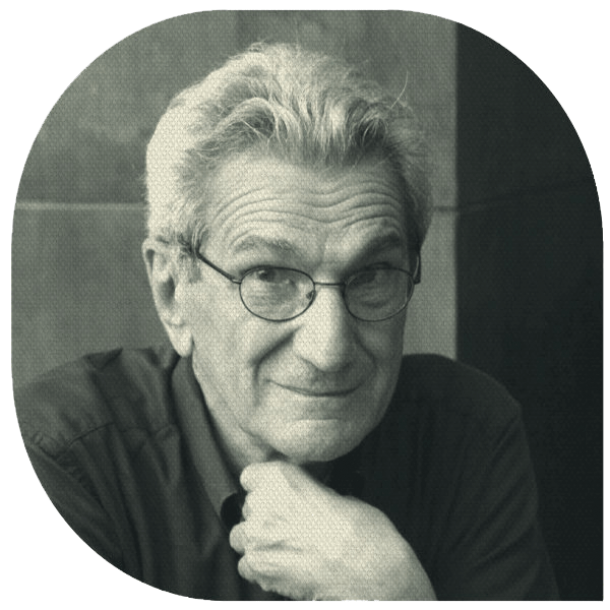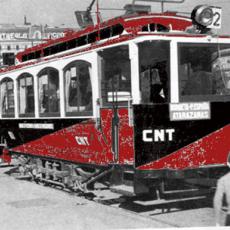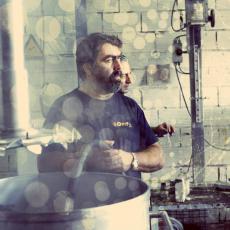Antonio Negri
born 1933
Toni Negri is one of the main intellectuals of operaismo in the sixisties, one of the leaders of Autonomia operaia and co-author with Michael Hardt of the book Empire.
His version of operaismo theorizes the advent of the social worker and extends the conflict to the sphere of social reproduction. This trend of operaismo breaks with the previous neo-leninist approach and opens to new social subjects such as students, women, the urban proletariat, the marginalized and the precarious workers of the tertiary.
Negri's theory analysed how each operation of capitalist restructuring brought about a new composition of the labour force. His theories encountered the movement of '77 in Italy, that was giving rise to new needs, new social subjects and therefore a new composition of class. In 1979, Autonomy suffered a heavy repression by the institutions and many of its leaders were arrested and charged of subversion against the state. Negri left Italy and resided in France for many years, protected by the Mitterand Doctrine. Here he taught at the Université de Vincennes and the Collège International de philosophie, with Jacques Derrida, Michel Foucault and Gilles Deleuze who had a great influence on his theories.
Negri elaborated a critique of the State as subordinated to the power of enterprises that weakened national sovereignity for the benefit of multinational corporations. The distinction between productive and unproductive labor has faded, the corporations' control extended to society, bringing about the idea of the “diffuse factory” and the emergence of the figure of the social worker.
With the extension of the wage relation to the whole society, the contrast between factory and civil society is reduced. Therefore, civil society becomes the privileged ground of the conflict.
The post-Fordist restructuring and the passage to an information economy brought to a new model of accumulation characterized by the decentralization and dematerialization of the productive processes, deterritorialization of enterprises and the introduction of new forms of organization of labour based on the network and modular systems.





